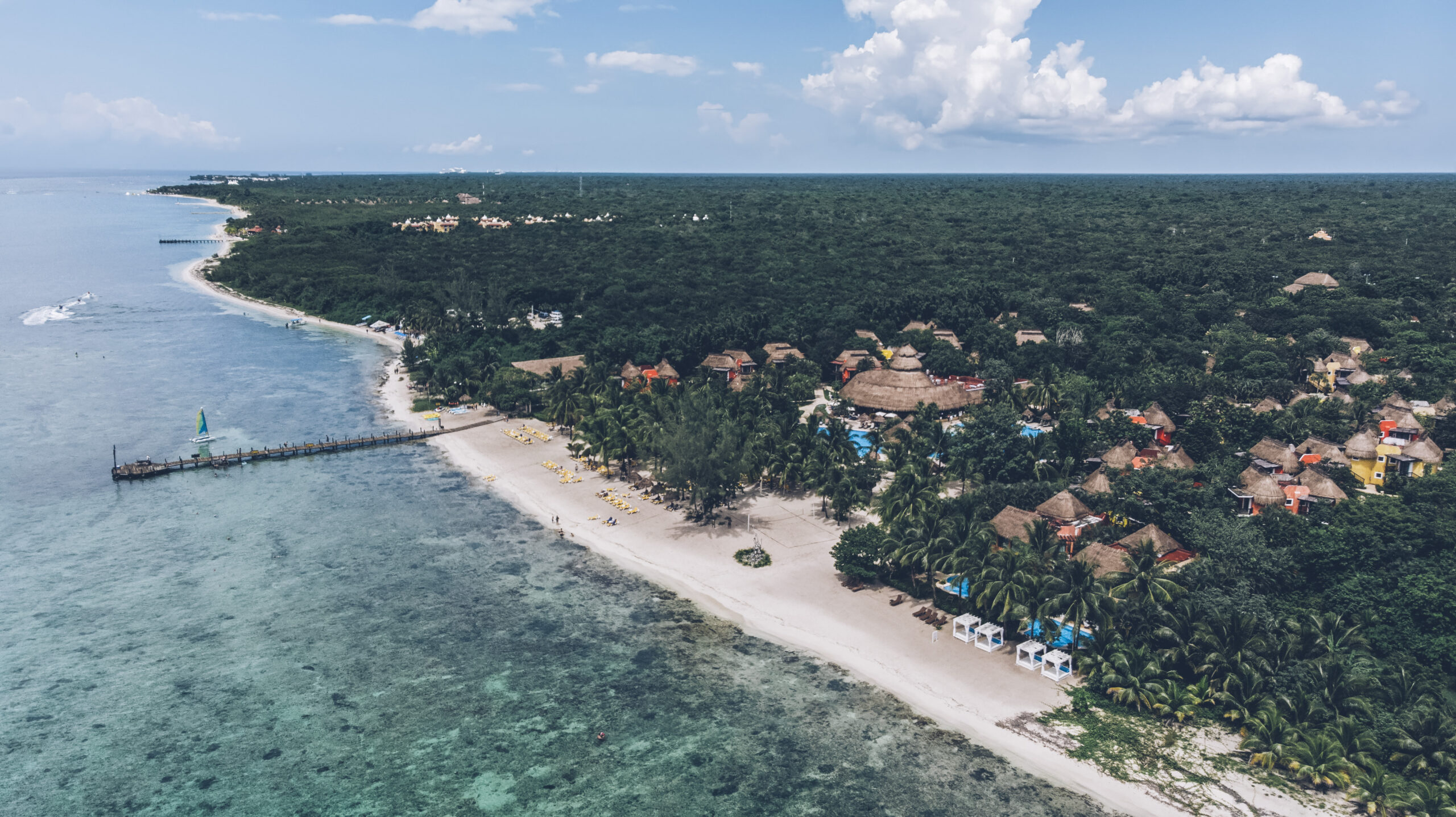We are incredibly excited to announce our Circular Economy Roadmap at Iberostar Hotels & Resorts. Click this link to download the roadmap! Below you will find the Executive Summary of the roadmap.
Executive summary:
Iberostar strives to lead responsible tourism through examples of new business models that push the boundaries of sustainable development, demonstrating that tourism can be a force for good. In this report and roadmap, we outline our progress on objectives related to single-use plastics, waste and decarbonization. We bring these concepts together with other initiatives and new commitments, aligning them with Iberostar’s vision of a circular economy as a pathway towards resilient tourism. This work is intended to complement our strategic roadmaps on seafood, coastal health and decarbonization and any progress will be reported in our annual Wave of Change year in review documents.
We also aim for this work to serve as a reference for reflection within the travel and tourism sector, as well as a centralizing point for many industries interested in sustainable development in coastal communities. Like every component of our sustainability journey, this roadmap is intended to act as a guide and mechanism for transparency and accountability and will evolve as we learn.
The document is divided into two sections. The first section describes an evolution of our efforts within the scope of a circular economy at Iberostar, describing progress and key takeaways of our advances in single-use plastics, waste management and decarbonization. The second section integrates our existing strategy and initiatives, while also introducing additional elements to describe the evolution of Iberostar’s interpretation of a circular economy within the hospitality sector.

Evolution of Circular Economy in Agenda 2030
Single-use Plastics Free Since 2020
- Operative action can happen incredibly quickly around largely visible levers; it becomes a question of motivation, empowerment and enlightened leadership.
- Most single-use plastic items do not play a fundamental role in luxury hospitality settings.
- Empowered, value-driven and effective procurement teams can transform supply chains by bringing existing providers along with them.
- A narrow focus on plastics started to risk other sustainability levers such as carbon footprint and waste production, particularly in food waste.
Sending No Waste to Landfill by 2025
- Effective segregation resolved around one third of Iberostar’s waste sent to landfill.
- Building pride around waste management and quantitative measurement was crucial. However, waste management professions both within and outside of hotels remain challenging careers with high manual labor and entry-level salaries.
- After effective segregation and ambitious reduction in waste fractions, collaboration with infrastructure at the destination is critical (which sometimes needs to occur in networks). Currently, Iberostar predicts 60% of waste currently sent to landfill could be revalued if proper infrastructure exists (primarily organic waste).
- No matter how much effective segregation, reduction or revaluation of waste occurs, waste is generated in the supply chain, upstream of the business. Approximately a quarter of the waste Iberostar predicts it will send to landfill will require innovation and redesign upstream in the value chain.
Reaching Carbon Neutrality by 2030
- Don’t wait to act until having complete energy or compliance data. Be agile, start with the basics, iterate and increase available data as the implementation progresses.
- For most service-oriented businesses, most of our environmental impact is in our goods and services. However, that should not prevent highly ambitious action in our Scope 1 & 2 emissions.
- The only way to succeed is through building value in our supply chain through partnership.
- Focusing solely on carbon footprint in value chain was narrow, and a more regenerative approach was necessary.
Evolving Operations Towards Circularity
- People
- Carbon Footprint
- Water
- Goods and Services
Regenerative Destinations
- Circular Built Environments
- Safeguard Ecosystem Services
- Align With & Evolve Destination Infrastructure
Driving Value through Partnership
- Towards Partnership in the Value Chain
- Standardization and Interoperability in Measurement to Drive Accountability
- Innovation and Collaboration to Drive Solutions






